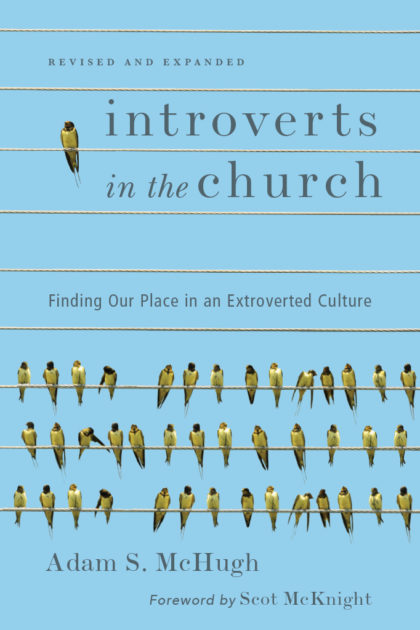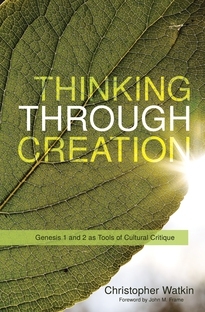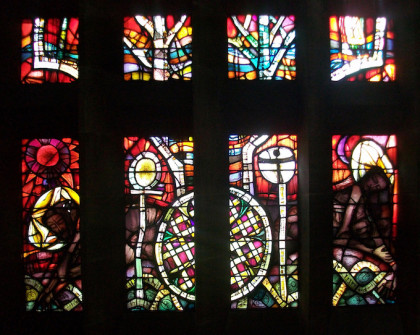As we hear of opportunities that may be of interest to Christian scholars, we often share them at the ESN blog as a public service. Duke Divinity School shared this scholarship opportunity with us recently. … [Read more...] about Duke Divinity Scholarships for Fellowship in Theology, Medicine, and Culture
culture
Book Review: Introverts in the Church
Adam McHugh provides a very reflective and open-minded resource in his Introverts in the Church: Finding our Place in an Extroverted Culture (Intervarsity Press, 2009). As I began to digest it, I soon thought of two books published in the past few years—one, Susan Cain's Quiet: The Power of Introverts in a World that Can't Stop Talking (Penguin, 2012) and second, more tangentially related, Angela Duckworth's Grit: The Power of Passion and Perseverance (Scribner, 2016). As it turns out upon my investigation, … [Read more...] about Book Review: Introverts in the Church
Review: Thinking Through Creation
With Thinking Through Creation, Chris Watkin succeeds brilliantly in providing a short, clear and accessible volume that sets the reader on a path towards his stated goal of developing a biblical “interpretive grid” to understand culture (p. 3). … [Read more...] about Review: Thinking Through Creation
Imago Dei: Culture and Creativity (Part 3 of 5)
Michael Huerter continues his series responding to The Image of God in an Image Driven Age: Explorations in Theological Anthropology, edited by Beth Felker Jones and Jeffrey W. Barbeau (Downers Grove, IL: InterVarsity Press, 2016). See Part 1 of Michael's explorations here, and Part 2 here. … [Read more...] about Imago Dei: Culture and Creativity (Part 3 of 5)
Imago Dei: Canon and Context (Part 2 of 5)
Michael Huerter continues his series responding to The Image of God in an Image Driven Age: Explorations in Theological Anthropology, edited by Beth Felker Jones and Jeffrey W. Barbeau (Downers Grove, IL: InterVarsity Press, 2016). See Part 1 of Michael's explorations here. Image: Coventry Cathedral - Man and Woman, Adam and Eve, from Art in the Christian Tradition, a project of the Vanderbilt Divinity Library, Nashville, TN. http://diglib.library.vanderbilt.edu/act-imagelink.pl?RC=54890 [retrieved October 30, 2016]. … [Read more...] about Imago Dei: Canon and Context (Part 2 of 5)




